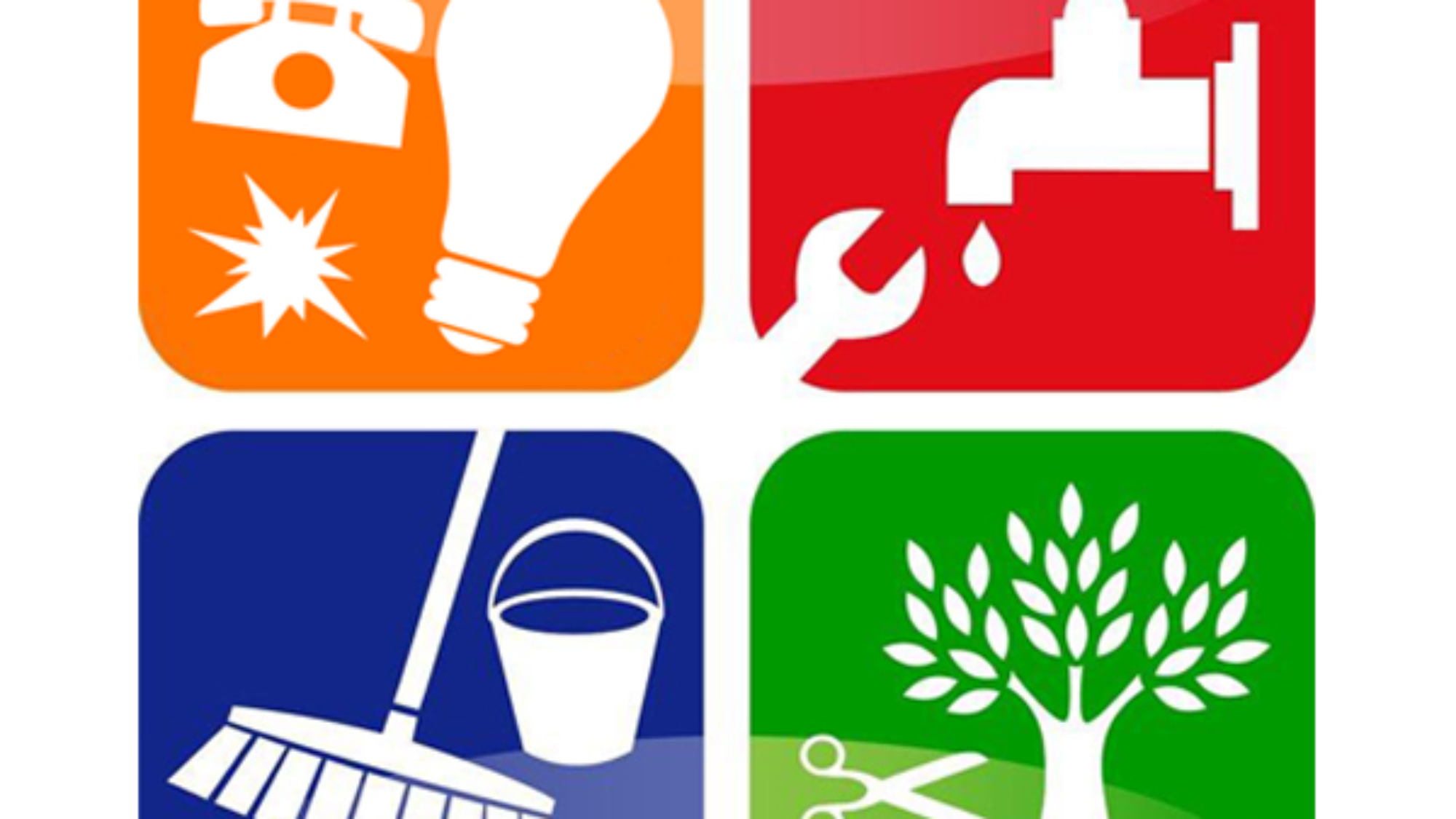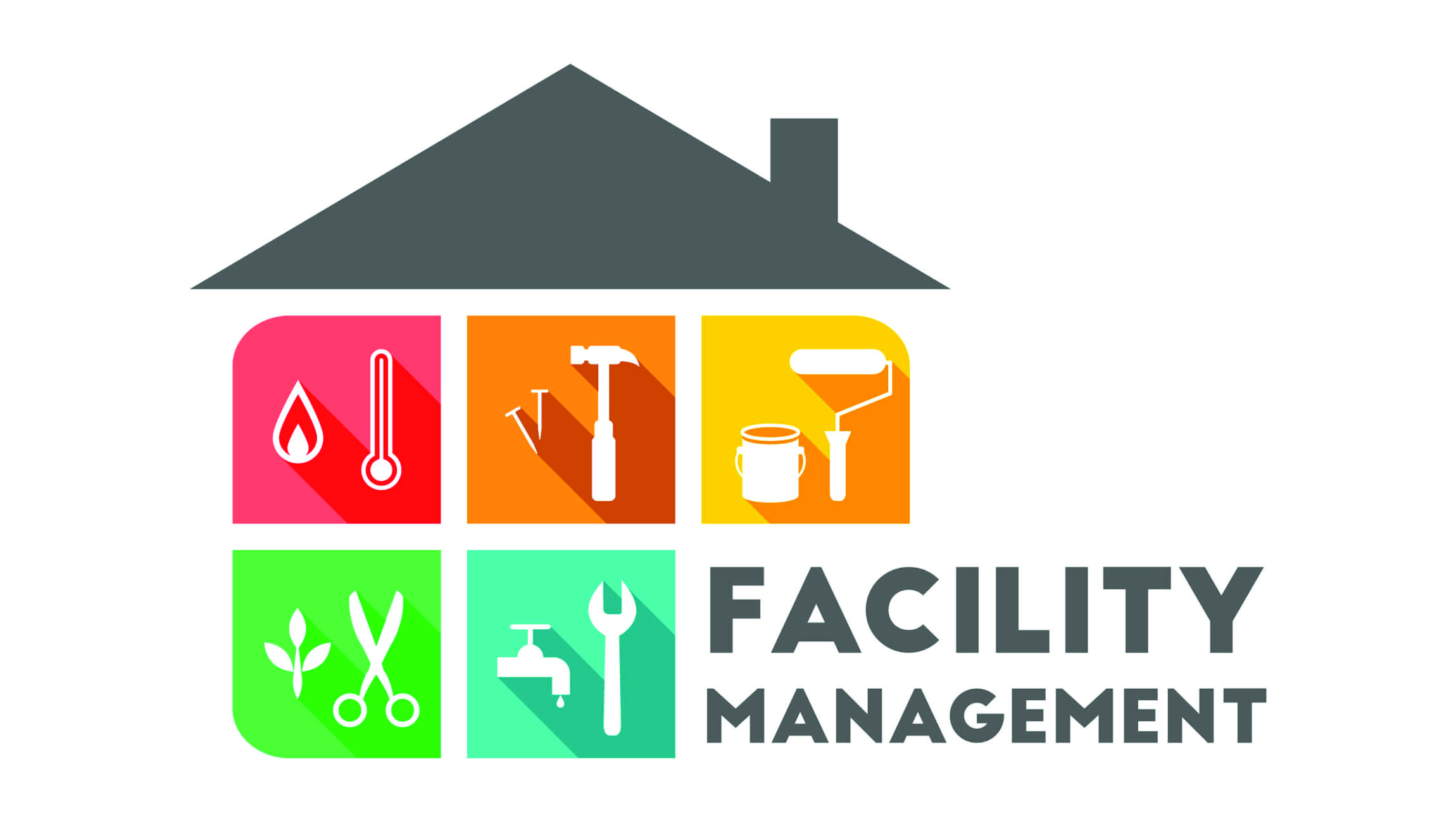Just How Facility Management Boosts Office Performance
Just How Facility Management Boosts Office Performance
Blog Article
Key Trends Forming the Future of Center Management in 2024
As we look ahead to 2024, the landscape of center administration is poised for significant transformation, driven by numerous crucial patterns. The integration of wise structure modern technologies and a change towards data-driven decision-making guarantee to enhance functional efficiency while prioritizing sustainability in technique.
Smart Building Technologies

Smart building modern technologies encompass a vast range of systems, including smart lighting, heating and cooling controls, and safety and security systems. By integrating these systems, center supervisors can monitor and change parameters in real-time, leading to considerable reductions in power waste and operational prices. Wise sensing units can find tenancy degrees and adjust illumination and temperature level appropriately, making certain that power is only made use of when necessary.
In addition, these innovations help with enhanced data collection, permitting organizations to track usage patterns and recognize chances for additional enhancements. The execution of wise structure technologies not only contributes to sustainability objectives however additionally develops healthier work atmospheres that can boost employee productivity and contentment.
As we relocate into 2024, the fostering of clever building innovations will likely increase, showing a wider shift in the direction of more intelligent, receptive, and lasting facility administration practices.
Data-Driven Choice Making
Increasingly, companies are leveraging data-driven decision making to enhance facility management techniques. By harnessing information analytics, facility managers can acquire workable understandings that significantly enhance operational performance and source allocation. The combination of sophisticated modern technologies, such as IoT sensing units and real-time monitoring systems, enables the collection of vast amounts of data on building efficiency, occupancy rates, and power intake.
This wealth of info allows facility managers to identify patterns, anticipate maintenance requirements, and proactively address concerns before they intensify. For circumstances, predictive analytics can anticipate equipment failings, lowering downtime and repair service costs. In addition, information visualization devices assist in far better interaction amongst stakeholders, making certain that educated choices are made collaboratively.
In addition, data-driven techniques enhance strategic preparation by allowing facility managers to assess the efficiency of present methods and make educated selections pertaining to investments in technology or infrastructure. As organizations progressively focus on operational quality, data-driven decision production is poised to become a foundation of effective center management methods in 2024 and beyond. Inevitably, the ability to take advantage of data properly will equip companies to produce much more reliable, efficient, and resilient facilities.
Sustainability and Eco-friendly Practices
The emphasis on data-driven decision making normally straightens with the expanding emphasis on sustainability and eco-friendly methods within facility monitoring. As companies progressively focus on ecological duty, facility managers are leveraging analytics to maximize source usage, reduce waste, and lessen carbon footprints. This critical strategy makes it possible for the integration of energy-efficient systems, such as LED lights, smart cooling and heating controls, and renewable resource resources right into center operations.
Moreover, the application of sustainable methods prolongs past energy consumption. Center supervisors are promoting and embracing environment-friendly products recycling initiatives to develop read this a round economic climate within their facilities. This not only boosts the ecological account of the organization but likewise cultivates a society of sustainability among employees.
Conformity with ecological guidelines is another vital facet driving the adoption of environment-friendly techniques. By using data analytics, center supervisors can keep an eye on conformity metrics and identify areas for enhancement, guaranteeing adherence to neighborhood and international sustainability requirements.
Hybrid Work Versions
A substantial change in the direction of hybrid job versions is improving the landscape of center management in 2024. This paradigm integrates remote and in-office work, requiring a reevaluation of space use, source appropriation, and worker interaction techniques. Organizations are increasingly acknowledging the value of adaptable workspaces that accommodate varied demands and preferences.
Center managers need to adapt by applying versatile workplace designs that sustain joint efforts while providing locations for concentrated job. This consists of the assimilation of technology to assist in smooth communication and partnership click for info among in-office and remote employees. Smart structure services, outfitted with sensing units and analytics, enable real-time surveillance of space usage, enabling organizations to optimize their settings effectively.
In addition, hybrid work designs emphasize the need for effective center management that focuses on staff member experience. This encompasses not just modern technology and space design but additionally the growth of plans that promote a balanced work-life dynamic. As business browse this change, the duty of facility monitoring comes to be critical in creating an agile Source office that fosters productivity and drives business success. Basically, the hybrid work version is reinventing facility management, motivating a proactive method to fulfill the evolving demands of the workforce.
Enhanced Passenger Health
As companies embrace hybrid work models, an increased concentrate on occupant wellness is coming to be indispensable to facility monitoring strategies. Facility Management. This change acknowledges that a satisfied and healthy labor force directly affects productivity and retention rates. Center managers are now focusing on settings that promote physical and mental well-being, incorporating elements such as all-natural lighting, biophilic layout, and easily accessible wellness resources

Innovation plays a vital function in this development. Smart structure systems can keep an eye on ecological elements and change settings in real-time, ensuring optimal convenience degrees - Facility Management. Feedback devices, such as tenancy sensing units and worker surveys, allow center managers to constantly refine wellness campaigns based on passenger demands.

Final Thought
In 2024, the future of facility administration will certainly be considerably affected by the integration of wise structure technologies and data-driven decision-making, promoting boosted operational effectiveness. Sustainability initiatives will prioritize environment-friendly practices, while the development of crossbreed job models will require adaptable workplace designs. An enhanced emphasis on occupant wellness through advanced Heating and cooling systems and biophilic style will certainly add to much healthier job settings. These fads jointly emphasize the evolving landscape of facility management in response to contemporary challenges and opportunities.
Facility supervisors are promoting and taking on environment-friendly materials recycling campaigns to develop a circular economy within their centers.A substantial shift towards hybrid work models is improving the landscape of center administration in 2024.Moreover, crossbreed work models stress the requirement for effective center administration that focuses on staff member experience.As companies embrace hybrid job models, an enhanced focus on occupant health is ending up being integral to center management approaches.In 2024, the future of facility management will certainly be considerably affected by the integration of clever building modern technologies and data-driven decision-making, promoting boosted operational performance.
Report this page